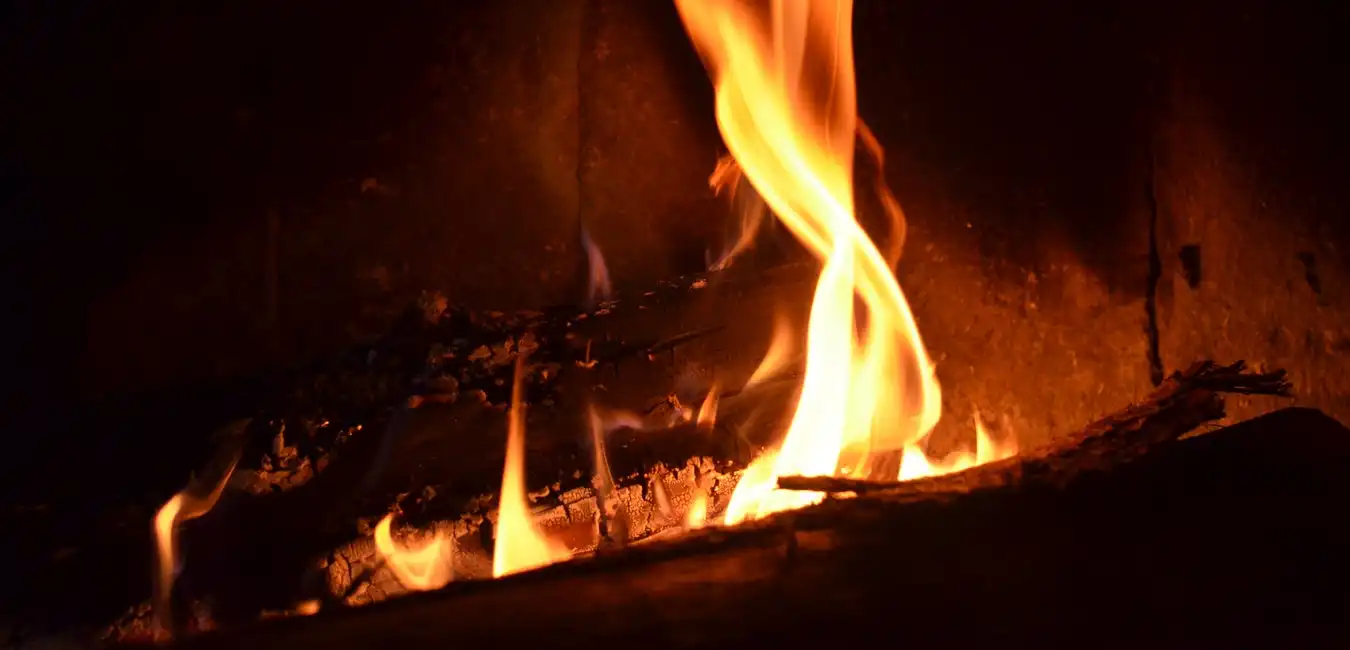There are many ways to heat a home, and each one has its pros, and cons. cheapest way to heat a home is a good question. Many factors determine the cheapest way to heat a home, but we’re going to break it down for you today and show you what we believe is the cheapest method. The average person spends between $2,000-$3,000 or more on their heating bill each winter season. This article will focus on saving money by lowering your monthly heating costs during those cold months of winter!
Insulate your House:
Insulating your house is an investment that pays off in the long run. This is one of the best cheapest way to heat a home, and It can save you money on heating bills and help make your home more comfortable year-round. Insulate your home’s exterior to save money on heating bills. The average American spends about 1/3 of their total energy budget on heating and cooling their home. If you want to keep your monthly utility bill lower, insulating is the way to go! There are many different insulation materials for this purpose – foam board, fiberglass, cellulose, or even wool sweaters (seriously!) Insulating will help prevent heat from escaping through walls and ceilings, which means less work for your furnace or air conditioner during the winter months.
Natural Gas Systems:
The winter months can be a tough time for many people. The temperatures drop, and the days get shorter, but there is one thing that will keep you warm: natural gas. Natural gas systems are an affordable way to heat your home and save money on energy bills. Natural gas systems are a great way to heat your home and save money. Natural gas is one of the most widely available, affordable energy sources in North America.
Reverse Fan Direction:
In the winter, fans can also keep a room warm. Setting your fan to rotate clockwise at a low speed will push rising warm air back down towards the floor and walls, making you feel warmer. This allows you to lower your thermostat temperature and save on heating bills!
Swapping the rotation of a ceiling fan is quick and easy. A remote or wall switch should be located on your unit. If so, press it to reverse the direction! If you do not have one of these controls, there will probably be a toggle switch at the bottom half where each blade meets up with its frame, allowing users to “flip” directions manually.
Open Shower Door:
Why leave your shower and bathroom door open after you finish? There are many benefits to this. After taking a hot shower, the added humidity will make your room feel warmer than it is; not only that but leaving the door open allows for air circulation, which helps prevent mould buildup in tight spaces like showers or bathrooms.
Take Advantage of Fireplace:
The best and cheap ways to heat a house The use of a wood fireplace is an affordable and efficient way to heat your home. However, if you don’t regularly tend the fire to keep it burning for long periods, be sure that when surrounding temperatures begin dropping during winter months, ensure that all chimneys are closed tightly. Hence, as not allow any cold air inside. Leaving the damper open can add up hundreds or even thousands of dollars worth of energy costs each year with just one opening window wide into your house for only four months out of twelve total through the entire year!
Use Solar Panel to Heat Home
The cost of solar panels is high, but you will save money in the long run. If your house is heated by electricity, switching to solar power can be a great way to reduce costs over time without sacrificing comfort or convenience.
Oil heating systems
The winter is coming! It’s time to think about the best way to heat your home this year, and it doesn’t have to be expensive. Oil heating systems can provide a more economical solution for your home in the long run.
One of the best cheap ways to heat your home is oil heating systems are a great way to cut down your electricity bill! Oil heating systems work by using gas or kerosene as fuel, which heats the water in your tank. This heated water then goes through pipes in the home, where it’s distributed to radiators for heat. Heat pumps use electricity instead of natural gas or kerosene, but these units come with an efficiency rating so that you know what to expect when comparing models. It’s important not only to compare efficiency ratings before purchasing one but also to consider the size and BTU output.
Check Air Filter:
Replacing your air filter every 4-6 months is easy, inexpensive and keeps your HVAC unit running smoothly. A dirty air filter makes it work harder to provide a clean, cool or heated indoor climate which you deserve! You can get a multipack of filters for less than $50 at most hardware shops.
